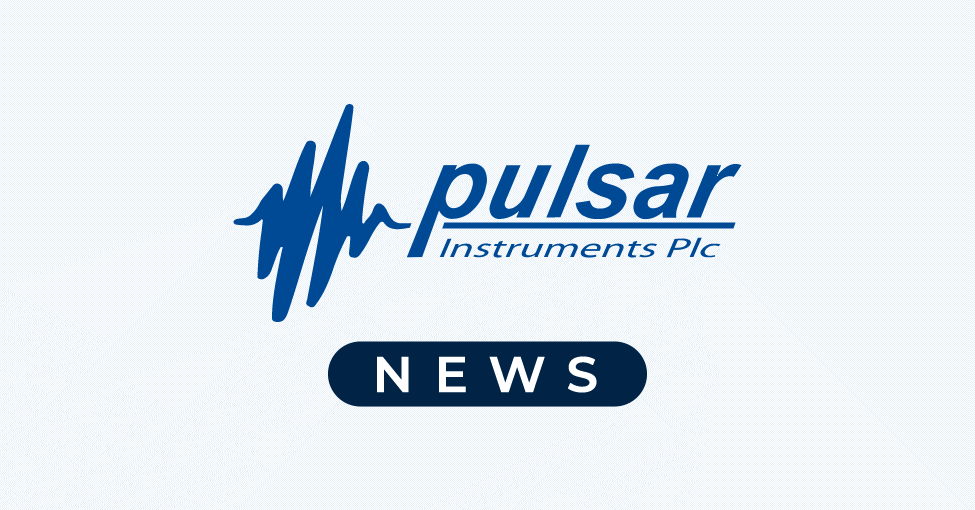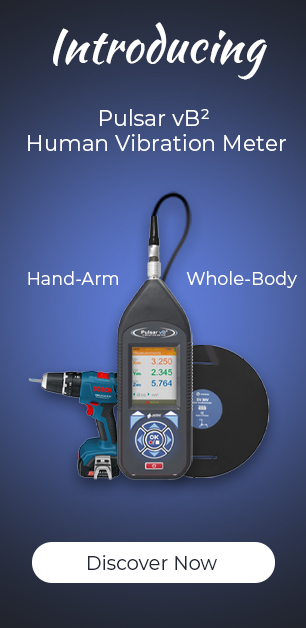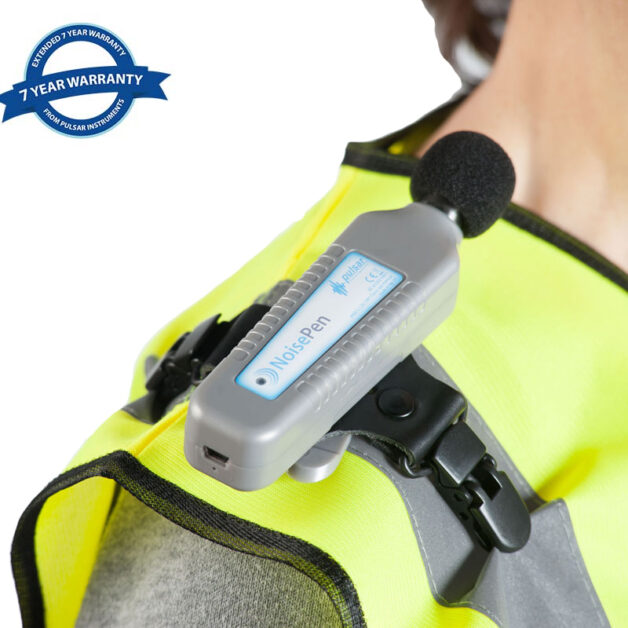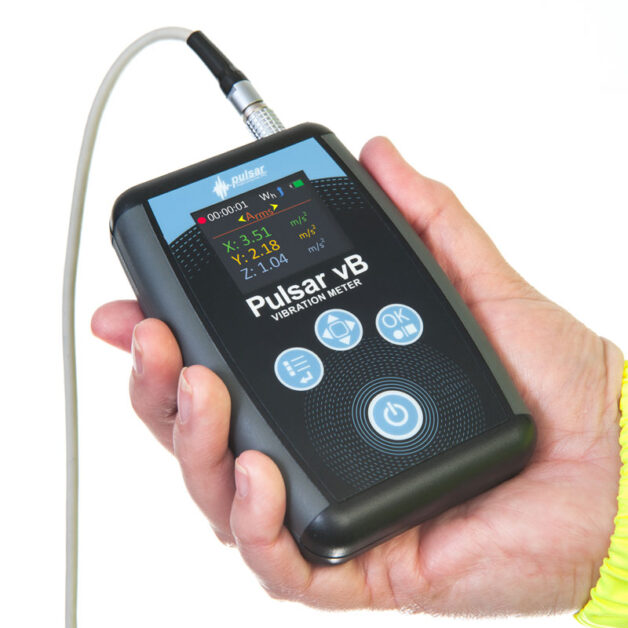We met with a number of safety professionals a few weeks ago and one of the questions we were asked was about the servicing and recalibration of noise measurement devices. If you own a Pulsar sound level meter, acoustic calibrator or personal noise dosemeter, they will need to be recalibrated and serviced on a regular basis in a test environment to ensure that your noise measurements remain accurate.
Is my Pulsar noise measurement device still accurate?
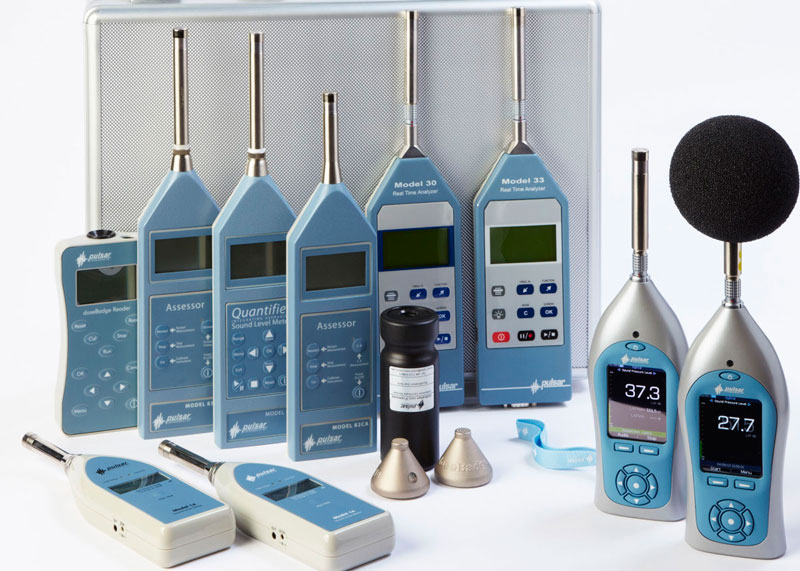
There are many reasons why you should ask yourself this question.
You may not have used your meter in a while and you are due to start taking measurements. Your predecessor may have left and you have inherited his noise measurement device. You cannot afford to risk unreliable measurements. When was the last time your meter was checked or seen by our test department? Have a look at the paperwork with it. If you can’t find any, the best thing you can do is to ring us and we will tell you when it was last checked.
There are many advantages in returning your Pulsar noise measurement device to us, the original manufacturer, as opposed to outsourcing the work to a third party.
- We know your instrument inside out and have the right technology and know how to inspect and maintain your investment. We also work alongside R&D engineers, some of them responsible for the early designs of your instruments.
- We will check that your noise measurement device is still accurate to help you avoid any errors, especially if noise measurements taken in your workplace need to stand up in a Court of Law. We will attend to any minor repairs. We will ensure that any software updates are installed and any upgraded components or consumables are replaced if required. We will ensure that your noise measurement device complies with the requirements of the current noise legislation.
- We abide by strict quality standards such as ISO9001, which is an assurance to any customer, of the quality of work undertaken and traceability of the service that is provided.
- All recalibration tests for Pulsar noise measurement devices are performed in house in the UK by dedicated and experienced test engineers.
- Upon completion, each instrument is released with a Certificate of Calibration for audit trail which is valid for one year. In addition, the warranty of each Pulsar noise measurement device is extended for a further 12 months.
- Your calibration certificate will bear the name of the standard against which your instrument has been tested, for example, IEC 61672:2002 for a sound level meter.
How often should you return your Pulsar noise measurement device for servicing?
We recommend that you have your noise measurement device recalibrated and serviced every year. You can, of course, choose to send it back every two years. However, a lot can happen during that time and you would not want to risk the validity of measurements taken during that time if there is an issue. Look at this recalibration and service as an MOT for your noise measurement device.
Summary – benefits of Pulsar calibration and servicing:
- Full quotation for the cost of the work provided prior to the work being undertaken
- Firmware updates (internal software) are installed free of charge when available
- Non-consumable internal batteries are replaced free of charge if needed
- Free fitting of upgraded components
- Free replacement of consumables such as microphone grills, battery covers, keypads etc if needed. Please note this does not include microphone capsules or display screens.
- Full calibration certificates
- All noise measurement devices are returned to the customer by overnight transporter.
- A collection service from your premises is also available.
To order or book your next service and recalibration, you can fill in an enquiry form with your details, instrument type and serial number and we will contact you or ring us on 01723 518011 to discuss further.
We hope this article has given you a good broad overview of the importance of looking after your investment. Please contact us if you require clarification or you are not sure about any of the points covered in this blog.
